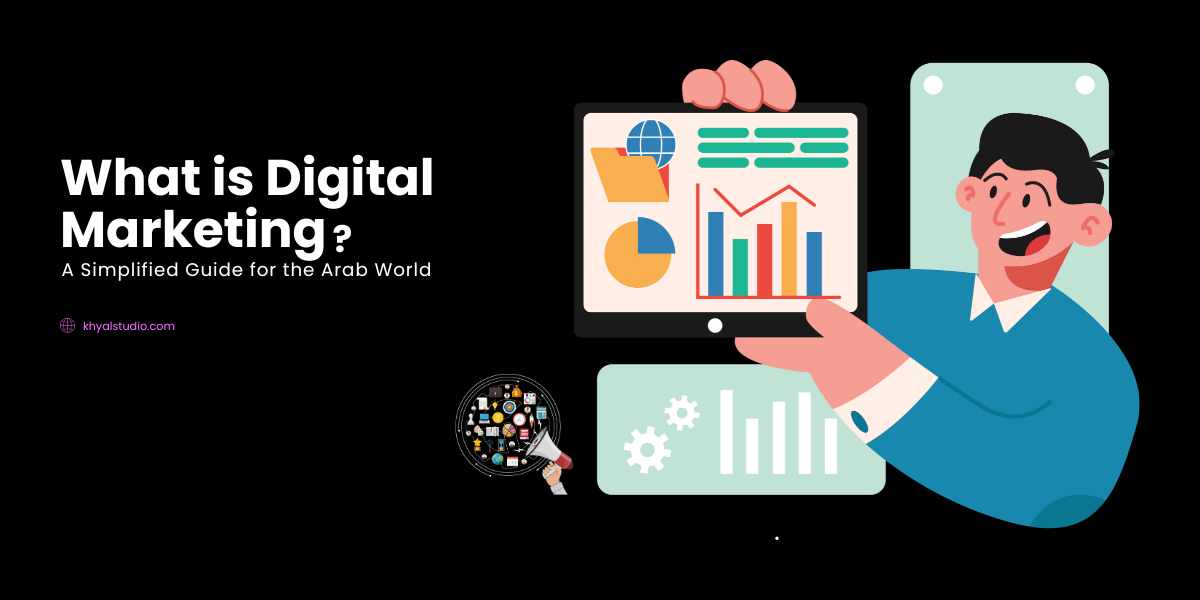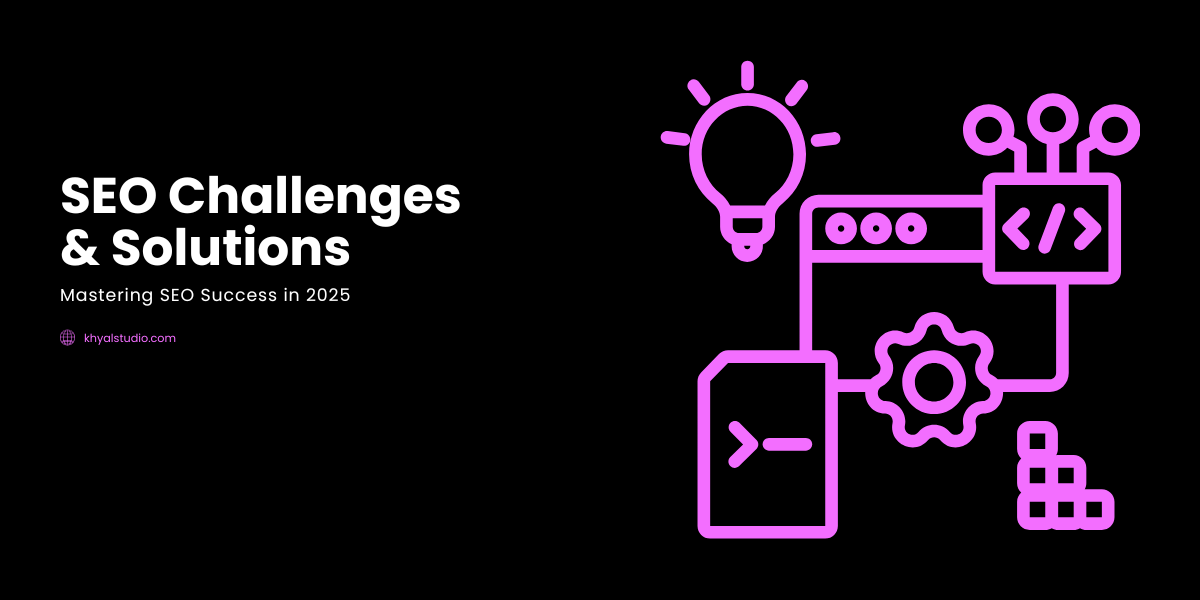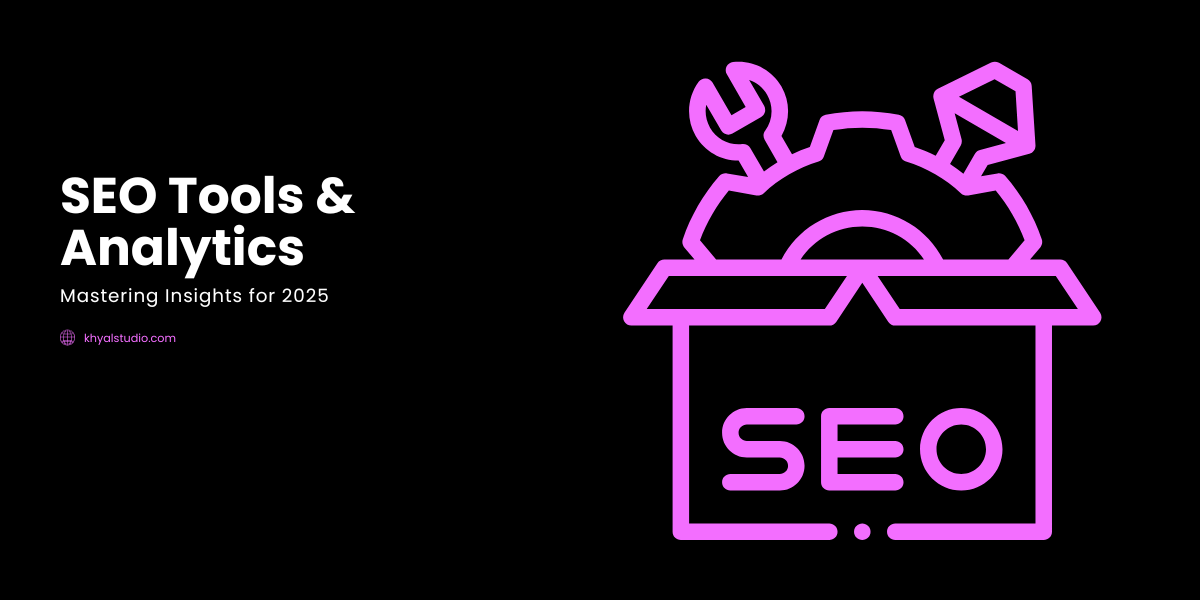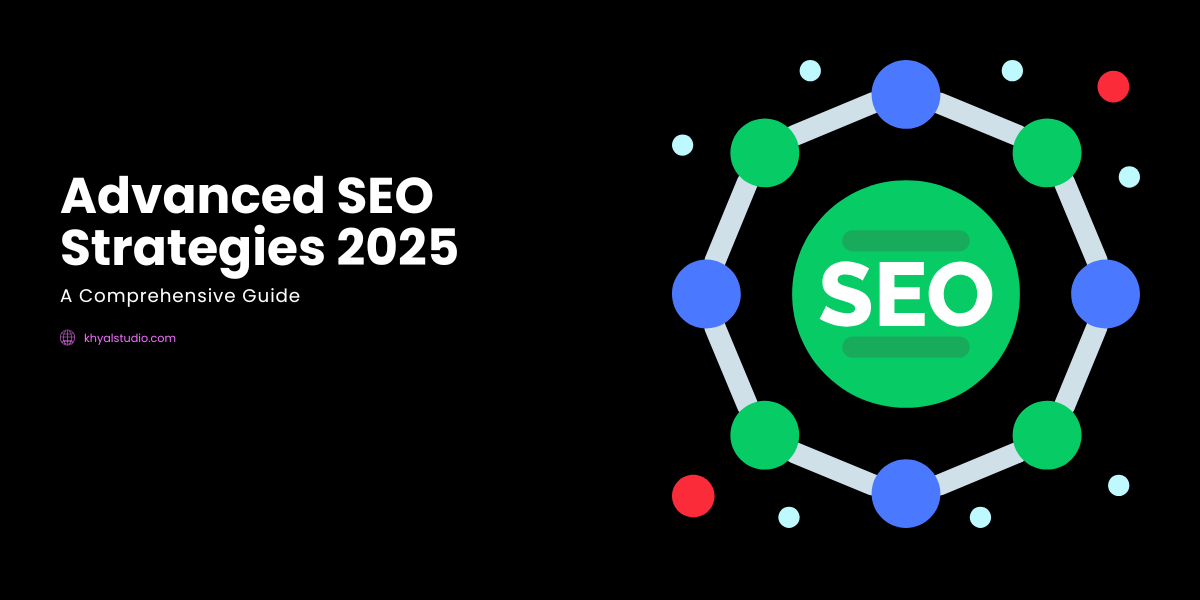In today’s digital age, where over 85% of the Arab population is active online, the power of digital marketing can’t be overlooked.
From the bustling streets of Riyadh to the serene coastlines of Alexandria, and from the historical sites of Petra to the modern skyscrapers of Dubai, the digital transformation is evident.
Businesses, big and small, are recognizing the impact of online presence. Whether you’re a seasoned business owner, an aspiring entrepreneur, or someone keen on understanding the digital tide, grasping online marketing is no longer a luxury—it’s a necessity.
Picture this: your brand message reaching millions across the Arab world, resonating with their values and aspirations.
Imagine your products being the talk of the town, not just in local souks but in online forums and social media platforms.
Digital marketing, with its vast array of tools and strategies, offers you this chance. A chance to craft a narrative, engage with your audience, and drive unprecedented growth.
Embark on this enlightening journey as we delve deep into the intricacies of internet marketing tailored for the Arab world. Equip yourself with knowledge, insights, and practical tips to navigate the digital realm and elevate your brand to unparalleled success.
What is Digital Marketing?
In the vast world of marketing, the term “digital marketing” has become a buzzword, especially within the rapidly modernizing Arab region. But what exactly does it mean, and how does it differ from the traditional ways of marketing we’ve known for decades?
Defining Digital Marketing
Digital marketing refers to the strategies and actions taken to promote products, services, or brands using electronic devices and the Internet.
It encompasses a wide range of online activities, from posting on social media platforms like Twitter and Instagram to sending personalized email campaigns or optimizing a website for search engines.
In simpler terms, if you’re doing something related to marketing on the internet or using electronic devices, you’re delving into the realm of digital marketing.
For Arab businesses, this could mean targeting ads specifically for users in Saudi Arabia during the Hajj season or creating an engaging video campaign for a popular Egyptian or Emirates festival.
Traditional Marketing vs. Digital Marketing
To truly understand digital marketing, it’s essential to see how it stands apart from traditional marketing:
- Reach & Scope: Traditional marketing, which includes mediums like newspapers, radio, and television, often has a limited reach, typically restricted to local or national audiences. Online marketing, on the other hand, allows businesses to reach global audiences.
- Interactivity: Traditional marketing is usually a one-way street – a business sends out its message, and the audience consumes it. Internet marketing is interactive. Customers can engage, comment, share, and even initiate conversations with brands online, especially on platforms popular in the Arab world like Facebook and Snapchat.
- Data & Analytics: One of the significant advantages of online marketing is the ability to track and analyze results in real-time. Unlike traditional methods where outcomes can be challenging to measure – think of how hard it would be to determine the exact number of people who looked at a billboard – digital platforms offer detailed analytics. For instance, businesses can know the number of clicks, shares, and even the demographic details of users interacting with an online ad.
- Cost: Traditional marketing methods, especially mediums like TV and print, can be expensive. Digital media marketing offers more cost-effective solutions, allowing even small businesses or startups to compete in the vast digital arena.
- Personalization: The digital realm provides an opportunity for businesses to tailor their marketing efforts to individual preferences. While traditional marketing offers a broad message for a general audience, internet marketing can cater to specific segments, ensuring higher relevance and engagement.
In essence, while traditional marketing has its value and is deeply rooted in the Arab world’s culture and history, online marketing offers a dynamic, interactive, and highly measurable alternative that aligns with the modern consumer’s habits and preferences.
Why Digital Marketing Matters in Saudi Arabia and the Arab Region
The digital landscape is evolving at an unprecedented pace globally, and the Arab region, with Saudi Arabia at the forefront, is no exception.
The surge in internet usage, combined with a young and tech-savvy population, makes internet marketing not just an option but a necessity for businesses aiming to thrive in today’s market.
The Meteoric Rise of Internet Usage
Over the past decade, the Arab region has witnessed a remarkable increase in internet penetration. As of recent data, Saudi Arabia alone boasts an internet penetration rate of over 90%. This rapid adoption is fueled by several factors:
- Young Population: A significant portion of the Arab world’s population is under 30. This younger generation is more tech-savvy, with a natural inclination towards digital platforms for both entertainment and information.
- Mobile Connectivity: The proliferation of smartphones and affordable data plans in countries like Saudi Arabia, UAE, and Egypt has made the internet accessible to millions who previously lacked the means.
- Government Initiatives: Many governments in the region, notably Saudi Arabia’s Vision 2030, are pushing for digital transformation, fostering an environment where digital adoption thrives.
- E-commerce Growth: The rise of online shopping platforms and digital payment solutions in the region has further driven people to the internet, making digital presence crucial for businesses.
Tapping into the Digital Audience: A Business Imperative
With such a massive shift towards digital, businesses in the Arab region cannot afford to ignore the potential of digital marketing. Here’s why:
- Reach & Engagement: With millions online, digital media marketing offers businesses an unmatched opportunity to reach a vast audience and engage them in meaningful ways. For instance, a local brand in Jeddah can now reach consumers in Cairo or Dubai with just a click.
- Consumer Insights: Digital platforms provide businesses with a wealth of data about their consumers – from their preferences to their online behavior. This data is invaluable in crafting marketing strategies that resonate.
- Competitive Advantage: As the digital arena becomes more saturated, businesses that leverage online marketing effectively can differentiate themselves, gaining a competitive edge.
- Cost-Efficiency: Online marketing, when done right, can offer a higher return on investment compared to traditional methods. Whether it’s a targeted ad campaign on platforms popular in the Arab world, like Instagram or YouTube, or an SEO-optimized website, businesses can achieve better results with often lower budgets.
- Building Trust: In a region where word-of-mouth and community opinions hold significant weight, internet marketing allows businesses to build and maintain a positive online reputation, fostering trust among consumers.
In conclusion, the digital wave in Saudi Arabia and the broader Arab region is not just a passing trend but a fundamental shift in how consumers interact, shop, and make decisions.
For businesses, adapting to this digital revolution is not just about staying relevant but about seizing the vast opportunities that this digital era presents.
Key Components of Digital Marketing
The digital realm is vast, and within it are numerous avenues that businesses can utilize to connect with their target audience.
Let’s delve into the key components of online marketing and understand how each one can be harnessed effectively in the context of Saudi Arabia and the wider Arab region.
Website Marketing: The Digital Storefront
In the digital age, a website serves as the virtual storefront or office for businesses. It’s often the first point of interaction between a brand and its potential customers.
A well-designed, user-friendly website can enhance the user experience, building trust and encouraging conversions.
Social Media Marketing: Engaging with the Arab Community
The Arab world has embraced social media with enthusiasm. Platforms like Instagram, TikTok, Snapchat, and Twitter have become integral parts of daily life. Businesses can utilize these platforms to engage with their audience, share updates, and foster community
Content Marketing: Crafting Content that Resonates
Content is king in the digital realm. Whether it’s a blog post, a video, or an infographic, producing high-quality, relevant content can position a brand as an authority in its field and drive organic traffic.
Search Engine Optimization (SEO): Ensuring Visibility on Search Engines
With millions of searches conducted daily, ensuring that your business appears prominently in search results is crucial. SEO involves optimizing website content, structure, and backlinks to improve its visibility on search engines.
Pay-Per-Click (PPC) Advertising: Directing Targeted Traffic for Better Conversion
PPC advertising allows businesses to place ads on digital platforms and pay only when someone clicks on them. By targeting specific demographics and keywords, PPC can drive relevant traffic, leading to higher conversion rates.
Social Media Ads: Reaching Audiences Where They Spend Their Time
Ads on social media platforms allow brands to tap into a vast audience. With detailed targeting options, businesses can ensure their ads are seen by the right people, leading to better engagement and conversion.
Video Ads: Capturing Attention with Dynamic Content
Videos have the power to convey messages vividly and memorably. With platforms like YouTube being widely popular in the Arab region, video ads offer businesses a chance to engage users effectively.
Email Marketing: Building and Nurturing Relationships
Email remains a potent tool for direct communication. From newsletters to promotional offers, email marketing allows businesses to nurture relationships with their audience and drive repeat business.
Affiliate Marketing: Leveraging Partnerships for Mutual Growth
Affiliate marketing involves partnering with influencers or other businesses to promote products or services. In return, the affiliate earns a commission for every sale or action resulting from their referral.
SMS Messaging: Direct Communication for Promotions and Updates
With the widespread use of mobile phones in the Arab region, SMS messaging offers businesses a direct line to their customers. Whether it’s for promotions, updates, or reminders, SMS can ensure immediate reach and high open rates.
Challenges in Digital Marketing
While internet marketing offers a plethora of opportunities, it is not without its challenges. For businesses in Saudi Arabia and the broader Arab region, understanding and addressing these challenges is pivotal for effective digital campaigns. Let’s delve into some of the key challenges faced in the realm of digital media marketing.
Understanding and Addressing Implicit Bias
Implicit bias means having unconscious feelings or beliefs that can affect our choices without us realizing it.
In digital marketing, this can accidentally lead to ads or campaigns that favor one group of people over others.
For example, if all the pictures in an ad are of one kind of person and ignore others, it might not connect with everyone and might even spread wrong ideas about certain groups.
To tackle this:
- Give regular lessons to marketing teams about understanding and celebrating differences.
- Ask many different people for their opinions on ads to make sure everyone is represented.
- Use data to know who the audience is and create ads that speak to everyone.
This way, marketing can be fair and connect with everyone.
Keeping Up with Rapid Technological Changes
The digital landscape is ever-evolving. From algorithm updates on search engines and social media platforms to the emergence of new technologies like augmented reality (AR) and virtual reality (VR), the pace of change is relentless.
For businesses, this means that strategies that worked yesterday might not be effective tomorrow.
Staying updated with the latest trends, tools, and technologies is imperative. However, this constant need for adaptation can be resource-intensive and requires a proactive approach.
To navigate these rapid technological changes:
- Invest in ongoing training for the marketing team to stay abreast of the latest developments.
- Collaborate with tech experts and industry leaders to gain insights into upcoming trends.
- Regularly audit and update digital strategies to align with current best practices.
Addressing these challenges head-on ensures that businesses can leverage the benefits of internet marketing while minimizing potential pitfalls.
By fostering a culture of continuous learning and prioritizing inclusivity, companies can create impactful, resonant, and future-ready digital campaigns.
The Future of Digital Marketing in the Arab World
The Arab world, with its diverse cultures and rapidly growing technological adoption, holds immense potential for digital media marketing.
As businesses continue to embrace the digital revolution, understanding future trends and predictions becomes crucial to stay ahead in the game.
Here’s a glimpse into what the future might hold for digital marketing in the region:
1. Rise of E-commerce and Social Commerce
With the increasing penetration of smartphones and internet access, e-commerce has seen a significant surge in the Arab region.
The future will witness a further blending of e-commerce with social media platforms, allowing users to shop directly through social channels.
Brands will increasingly leverage platforms like Instagram, TikTok, and Facebook to turn their posts into shoppable experiences.
2. Localization and Personalization
As the digital audience grows, there will be a heightened focus on delivering localized and personalized content.
Brands will invest more in understanding local cultures, dialects, and preferences to tailor their messages.
Advanced data analytics will play a pivotal role in segmenting audiences and delivering hyper-personalized experiences.
3. Voice Search and Conversational AI
With the global rise in the use of voice assistants like Siri, Alexa, and Google Assistant, the Arab world will also see a surge in voice search.
Brands will need to optimize their content for voice search, focusing on natural language processing and conversational AI.
4. Augmented Reality (AR) and Virtual Reality (VR) Experiences
The integration of AR and VR into marketing campaigns will offer immersive experiences to users.
From virtual try-ons in the fashion industry to interactive property tours in real estate, AR and VR will revolutionize the way brands engage with their audience.
5. Sustainability and Ethical Marketing
With global conversations around sustainability, businesses in the Arab region will also prioritize green and ethical marketing.
There will be a push towards transparent supply chains, eco-friendly products, and campaigns that resonate with the values of socially conscious consumers.
6. Interactive Content
Interactive content, such as quizzes, polls, and interactive videos, will become mainstream.
Such content not only engages users but also provides brands with valuable insights into their audience’s preferences and behaviors.
7. Growth of Influencer Collaborations
Influencer marketing will continue to flourish but with a twist. Brands will collaborate with micro-influencers and niche content creators, focusing on authenticity and deep audience engagement rather than broad reach.
As the digital landscape evolves, businesses in the Arab world need to be agile, innovative, and culturally attuned.
Embracing these future trends and predictions will ensure that they remain at the forefront of the digital marketing arena, forging meaningful connections and achieving sustained growth.
Conclusion
The digital age isn’t just a fleeting trend; it’s the new reality of our world. In the Arab region, where the internet and technology are becoming integral parts of daily life, not adapting to digital means missing out on vast opportunities.
Digital marketing offers businesses a direct channel to reach, engage, and understand their audience like never before. Embracing its potential can lead to unparalleled business success, fostering connections that transcend borders and cultures.
For businesses in Saudi Arabia and the wider Arab region, it’s not just about keeping up with the times; it’s about seizing the future.
If you’re keen to harness the power of online marketing and lead in the digital realm, don’t hesitate. Contact Khyal Studio, the top digital marketing agency in Saudi Arabia and the Arab world. Let’s shape your digital future together.




